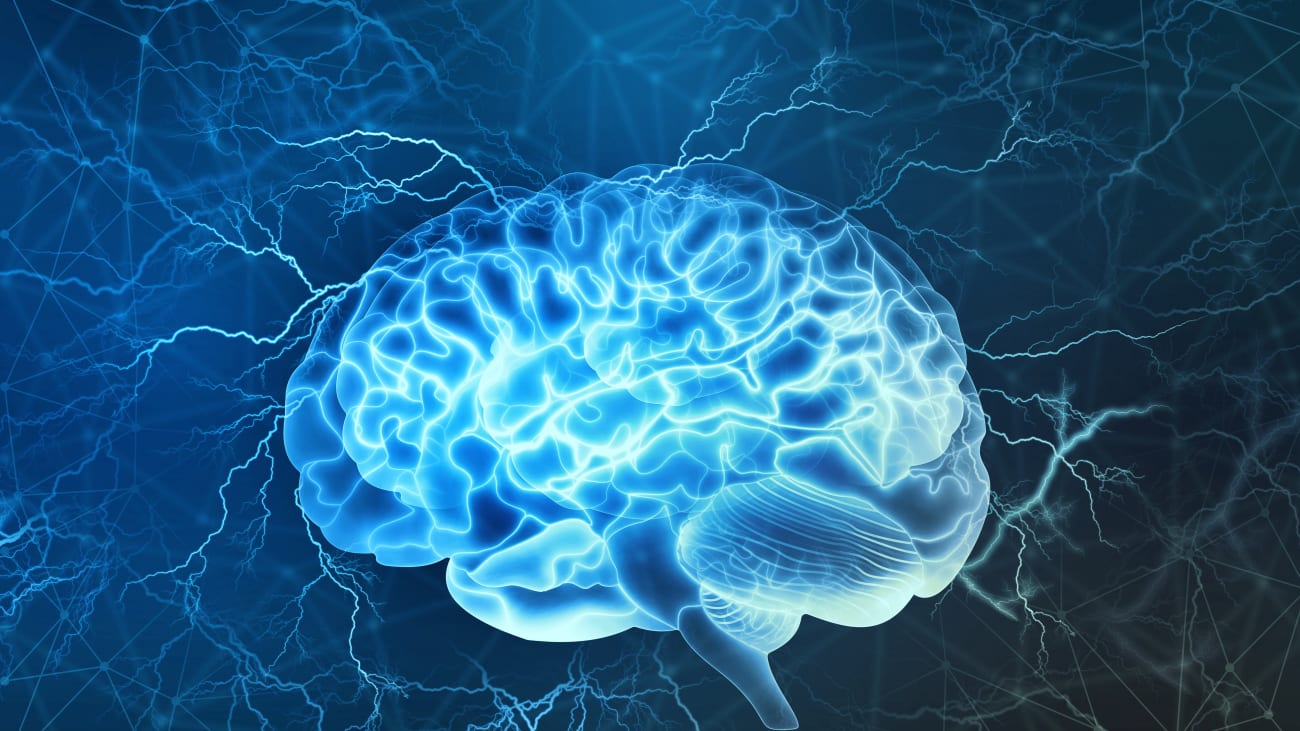
In an effort to find answers to some of the most daunting neurological puzzles frustrating patients and clinicians alike, UC San Francisco has opened the Neurology Complex Diagnosis Clinic, an innovative multidisciplinary center that tackles these issues head-on.
“We see so many patients whose problems seem to defy a satisfactory diagnosis, sometimes because their symptoms are episodic – such as with epilepsy or headaches – or because their symptoms are unusual and don’t fit the normal pattern for a particular disease,” says Maggie Waung, MD, PhD, clinic director and assistant professor in UCSF’s Department of Neurology. “By bringing together all disciplines, and not being constrained by specialty, we are able to conduct an exhaustive effort to connect the dots and hopefully provide patients and their doctors with an answer that might have eluded them previously. We can utilize all the advanced technologies and expertise at our disposal.”
Novel Diagnostics and Specialist Collaboration Provide Answers
At the Neurology Complex Diagnosis Clinic, clinicians and researchers from neurology, neuroradiology, neurosurgery and neuropsychology comprise the core team. They look for causes of rare neurological diseases, and of common diseases with rare presentations. The team consults with specialists across the clinical spectrum, including medical genetics, rheumatology, endocrinology, psychiatry and otolaryngology.
Some of the more difficult diagnostic problems, according to Waung, involve the following:
- Cerebrospinal fluid (CSF) leaks
- Periodic paralysis
- Ataxias
- Dyskinesias
- Atypical migraine and facial pain syndromes
- Rare inherited disorders
- Neoplastic and paraneoplastic disorders
- Functional neurological disorders
“We see patients who may have given up, after living through a ‘diagnostic odyssey’ with no results,” says Waung. “We spend the time it takes to find an answer, pushing the envelope and taking advantage of the newest technologies, such as whole genome sequencing. At the same time, we have the capacity to see patients whose symptoms are progressing rapidly, who seem to be deteriorating without a good explanation.”
Waung notes that many elusive neurological conditions can be diagnosed by spending more time with a curious neurologist. “Piecing together the timeline of complicated symptoms and going through possible contributing factors with a fine-toothed comb can often be what is needed to crack the case,” she says.
When more is required, the team can use the full range of diagnostic tools available – including ultrasound, computed tomography (CT) and magnetic resonance imaging (MRI) scanners, electromyography (EMG), electroencephalography (EEG) and biopsies – combined with expert interpretation.
Database and Emerging Research Offer Hope
“Although of course our goal is to obtain answers to intractable problems, what we find is that even in those unfortunate instances where we’re not able to confirm a diagnosis, we can still offer patients some level of comfort or even relief, when they know that we have conducted the most extensive evaluation possible and will continue to revisit their case as new research emerges and frontline technologies are introduced,” says Waung. She notes the clinic keeps a database of cases and that patients are able to provide ongoing updates on their clinical condition.
For more information:
Neurology Complex Diagnosis Clinic
Phone: (415) 502-9231 | Fax: (415) 502-9230
